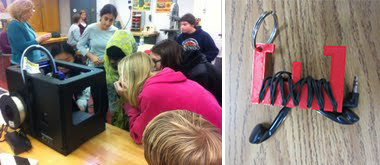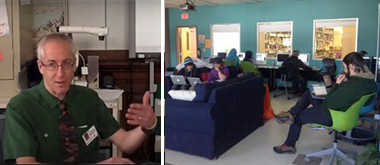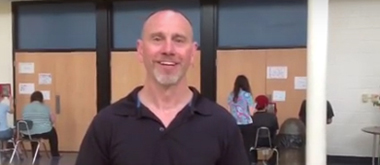What makes this course special?
Choose Your Own Adventure
Our syllabus outlines the expectation that you address authentic needs in your practice. In this spirit, you will work with us to answer a compelling question. You will design a project where you set goals, design and implement a change in practice, collect relevant data, and analyze how the project affects students.
Build Your Own Playlist
Working together, we will select relevant readings, online learning opportunities, videos, webinars, and so on, to ground your work. We will also help you learn to use the technology tools you choose to integrate.
Answer Your Own Question
Embark on an "Action Research" journey. This course asks you to systematically examine your own practice through an action research cycle where you will pose a question, gather data, decide on a course of action, assess the implementation, and reflect on its impact.
Share Your Experience
The power to learn from models is important to us. By sharing your journey with a wider audience of educators, you are contributing to a learning network we believe is important to cultivate. Others might be inspired from your journey and might be empowered by your example.
Dissemination is a key expectation of this course, and we have multiple avenues for you to share. See Previous Projects for a few examples.



